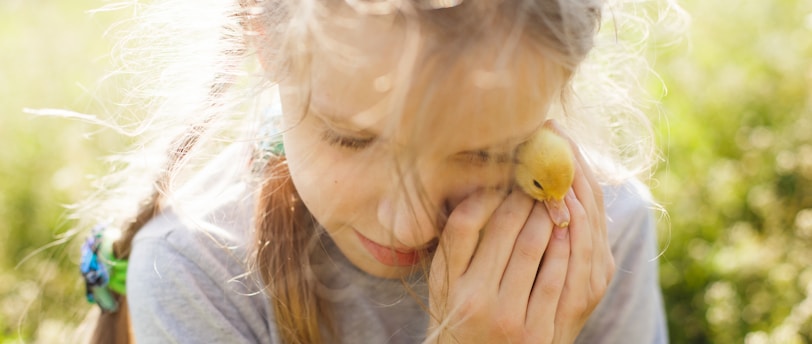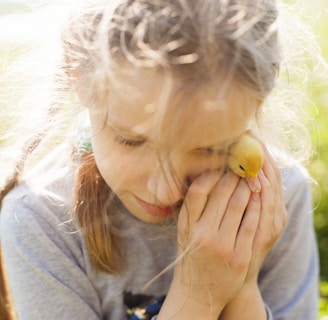The Use of Cannabis in Children with Autism: Exploring the Pros and Cons
A discussion on the pros and cons of giving cannabis to children under the age 18 who have an autism spectrum disorder.
CANNABIS HEALTH
11/4/20233 min read


Autism spectrum disorder (ASD) is a complex neurodevelopmental condition that affects communication, social interaction, and behaviour. It is estimated that approximately 1 in 54 children in the United States is diagnosed with ASD. While there is no known cure for autism, researchers and parents alike are constantly seeking alternative treatments to help manage the symptoms and improve the quality of life for children with autism.
Because of its positive effects on mood and behaviour and its ability to reduce pain and improve sleep, many parents have started giving cannabis to their children with ASD. There is undoubtedly promising research into cannabis use and autism, and anecdotal reports are encouraging, but it is important to educate yourself and not jump into it blindly simply because you have seen other parents using it with positive results, as there are pros and cons to consider.
The Pros of Using Cannabis
1. Reduced Anxiety: One potential benefit of using cannabis in children with autism is its ability to reduce anxiety. Many individuals with autism experience heightened levels of anxiety, which can significantly impact their daily lives. Studies have shown that certain compounds found in cannabis, such as cannabidiol (CBD), may have anxiolytic properties, helping to alleviate anxiety symptoms.
2. Improved Sleep: Sleep disturbances are common among individuals with autism, and this can have a significant impact on their overall well-being. Some parents have reported improvements in their child's sleep patterns after using cannabis-based products. CBD, in particular, has been suggested to promote better sleep by regulating sleep-wake cycles.
3. Reduced Aggression and Self-Injurious Behaviours: Aggression and self-injurious behaviours can be challenging to manage in children with autism. Preliminary research suggests that certain cannabinoids found in cannabis may have antipsychotic properties, potentially helping to reduce aggressive behaviors and self-injury in some individuals with autism.
The Cons of Using Cannabis
1. Lack of Research: One of the main challenges when it comes to the use of cannabis in children with autism is the lack of extensive research. Most studies conducted so far have been small-scale and have focused on adults or individuals with other conditions. More research is needed to determine the safety, efficacy, and appropriate dosage of cannabis-based treatments specifically for children with autism.
2. Potential Side Effects: While cannabis is generally considered safe, it can still have potential side effects. These may include drowsiness, dry mouth, changes in appetite, and diarrhea. It is important for parents and caregivers to be aware of these potential side effects and monitor their child's response to cannabis-based treatments.
3. Legal and Regulatory Concerns: The use of cannabis, especially products containing THC (the psychoactive compound in cannabis), is subject to legal and regulatory restrictions in many jurisdictions. Parents considering cannabis-based treatments for their child with autism should familiarize themselves with the laws and regulations in their specific location.
4. Potential Interactions: Many children with autism are on medications for autism itself or other conditions. While cannabis can be safely used with some medications, it can adversely interact with others. It is important to consider what other medications your child is taking before giving them cannabis.
5. Brain Development: The human brain does not stop developing until the age of 25. Using cannabis while the brain is still developing can have a detrimental effect on mood, memory, cognitive ability, and mental health. Please read my blog on the risks and contraindications of cannabis use, which includes a section on cannabis use in children: Click HERE.
6. Risks and Contraindications: There are several medical and mental health conditions that preclude the use of cannabis or require caution to be exercised, such as a family history of psychosis or mood disorders or diseases of the liver, kidneys, heart, or lungs. Risks and contraindications must be considered before cannabis is used.
Conclusion
The use of cannabis in children with autism is a complex and controversial topic. While there are potential benefits, such as reduced anxiety, improved sleep, and decreased aggression, it is essential to consider the lack of research, potential side effects, and legal concerns. Parents and caregivers should consult with healthcare professionals and make informed decisions based on the individual needs and circumstances of their child. As research in this area continues to evolve, it is hoped that more evidence-based guidance will become available to support families navigating the use of cannabis in the treatment of autism.
If you choose to give cannabis to your autistic child, please do so only after educating yourself about the risks of possible physical and mental complications that may develop down the road and with the mindset that you have assessed the situation to the best of your ability and believe any potential consequences of cannabis use are outweighed by the benefits your child will experience, and ensure you fully understand how to use it safely and responsibly. The decisions you make now regarding what to give your child will affect them for years to come.
Contact
onelovecannabis@outlook.com
Subscribe to our newsletter
Disclaimer: The thoughts, ideas, and opinions expressed in this blog site are solely those of the author. They are not meant to be a substitute for professional medical and mental health guidance. Before following the advice given, it is always advisable to consult with your healthcare team to ensure no possible adverse affects or interactions with other treatments you may be using. Should you make the choice to use cannabis products, you do so at your own risk and assume all responsibility of a health or legal nature. The author does not encourage use of cannabis is those under 25 years of age, individuals in area where they do not have access to legal cannabis, or in individuals with pre-existing conditions that could be negatively impacted as the result of cannabis use.
